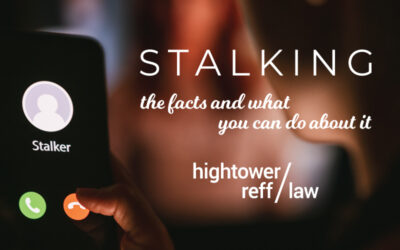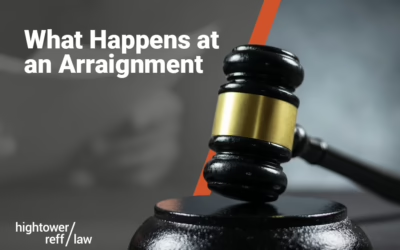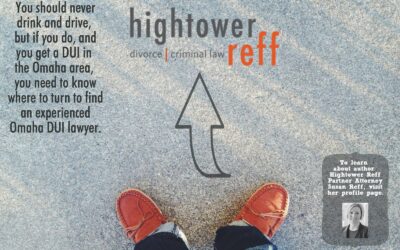One of my clients recently “walked” after a special unit of the Nebraska State Patrol trained in drug enforcement caught him with about $40,000 worth of illegal drugs. Was it fancy lawyering that got him off? Well, I think it was good lawyering, but that’s not all. My client went free from the felony drug charges against him because of laws that protect us all, and because of his smart moves during the police encounter leading to his arrest. It’s important to understand, however, that the laws that set my client free aren’t intended to protect the guilty. Rather, they are to protect the innocent – to protect us all. That’s why, when it comes to illegal search and seizure, you should know what to do if it happens to you.
Illegal Search and Seizure – It Could Happen to You
We’re all guaranteed Constitutional protections from government intrusion on our privacy — innocent and guilty alike. With few exceptions, the police can’t legally bother you with a stop, or search you, unless there’s a credible reason to believe you’re breaking the law (ie. probable cause). But can’t and won’t are two different things.
As we’ve seen in the news, despite laws against unreasonable search and seizure, it still happens. Whether or not you think you’re doing something illegal, this is stuff everyone should know. After all, it’s not only guilty people who are subjected to unlawful police searches. It could happen to you, too. While most of the law enforcement officers I know are good cops who don’t purposefully violate citizens’ rights, everyone makes mistakes sometimes. Law enforcement officers are no different.
Why my client walked
In the recent Douglas County, Nebraska, felony drug case in which my client “walked” instead of serving what could have been a lengthy prison sentence, it happened because the court threw out the evidence against him. All of it.
I made a motion to the court and the judge agreed with me. He refused to allow into evidence the tens-of-thousands of dollars worth of drugs the State Patrol seized from my client’s suitcase, or anything else found during the search. The judge suppressed the evidence because he agreed that it came from an illegal police search. That meant the prosecutor had no choice but to drop the felony drug charges.
I won that Motion to Suppress for my client because law enforcement violated his Constitutional rights with an illegal search. They stopped him without a good reason and they searched his bags without a warrant when there was no exception allowing them to do it. That rendered the evidence they got during the search inadmissible.
I also won because, during the stop, while the Nebraska State Troopers were violating his rights with an unlawful search, my client made the right moves.
What my client did during the stop that was smart
Pay attention to this part. I’m going to tell you exactly what my client did that helped him walk out of the courthouse after being caught with tens of thousands of dollars worth of drugs.
- He didn’t run from police when they approached him
- He didn’t argue, resist or obstruct during the encounter
It’s pretty simple stuff, but it’s not always easy. Emotions can run high during a police encounter, especially if you feel like they’re violating your rights. In my client’s case, staying calm and cooperative and not arguing or telling the troopers how to do their jobs (like they’d listen anyway) paid off for him. Had my client done any of the above, his case could have ended much differently.
How you can be smart too
If law enforcement stops you, whether or not a search follows, the best things to do to help yourself and your lawyer down the road (should the need arise) are:
[infographic id=”x1485971117131″]
If the police perform an illegal search and find evidence, a good lawyer will try to have it suppressed so it can’t be used in court. If the search was without a warrant, there may be a chance your lawyer can find a legal argument to give you some leverage in court.
Don’t make it harder on your lawyer by doing something during the cop encounter that could end up making an exception to the warrant rule, clock more charges on your docket, or give the prosecution something to use against you in court.
Remember, you aren’t going to settle any disputes over your rights there on the scene. Those will all have to be hashed out in court later. All you are likely to accomplish by resisting police or arguing with them is to make more trouble for yourself.
This article should not be construed as legal advice. Situations are different and it’s impossible to provide legal advice for every situation without knowing the individual facts.
For details about the author, Hightower Reff Partner Attorney and criminal defense lawyer Susan Reff, visit her profile page.
Find out more about how Susan and Hightower Reff can help with your criminal case.
If you need help with a criminal defense case, contact Hightower Reff Law today.




